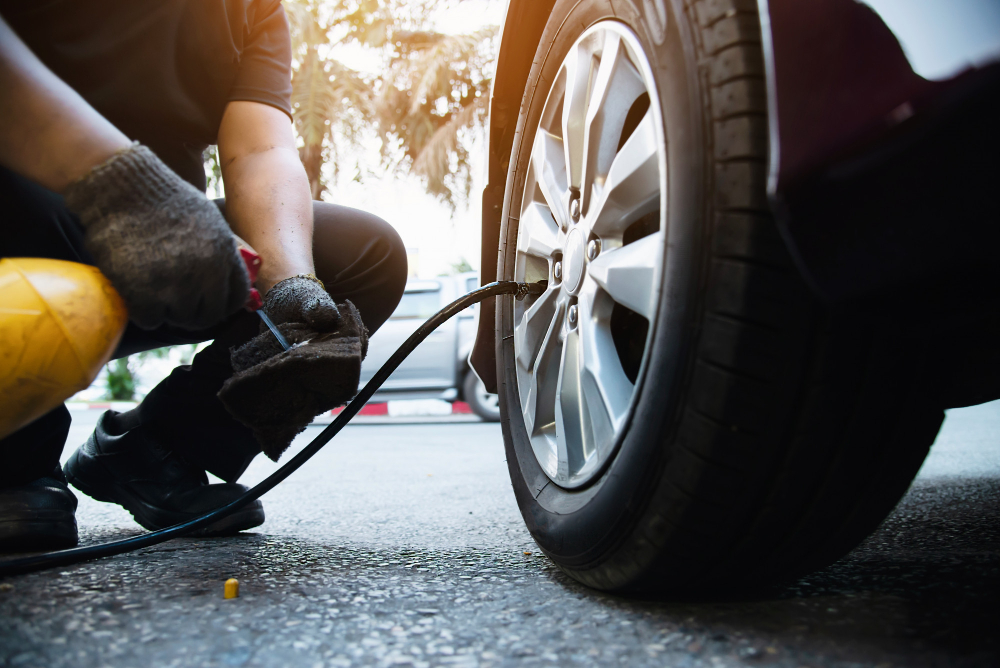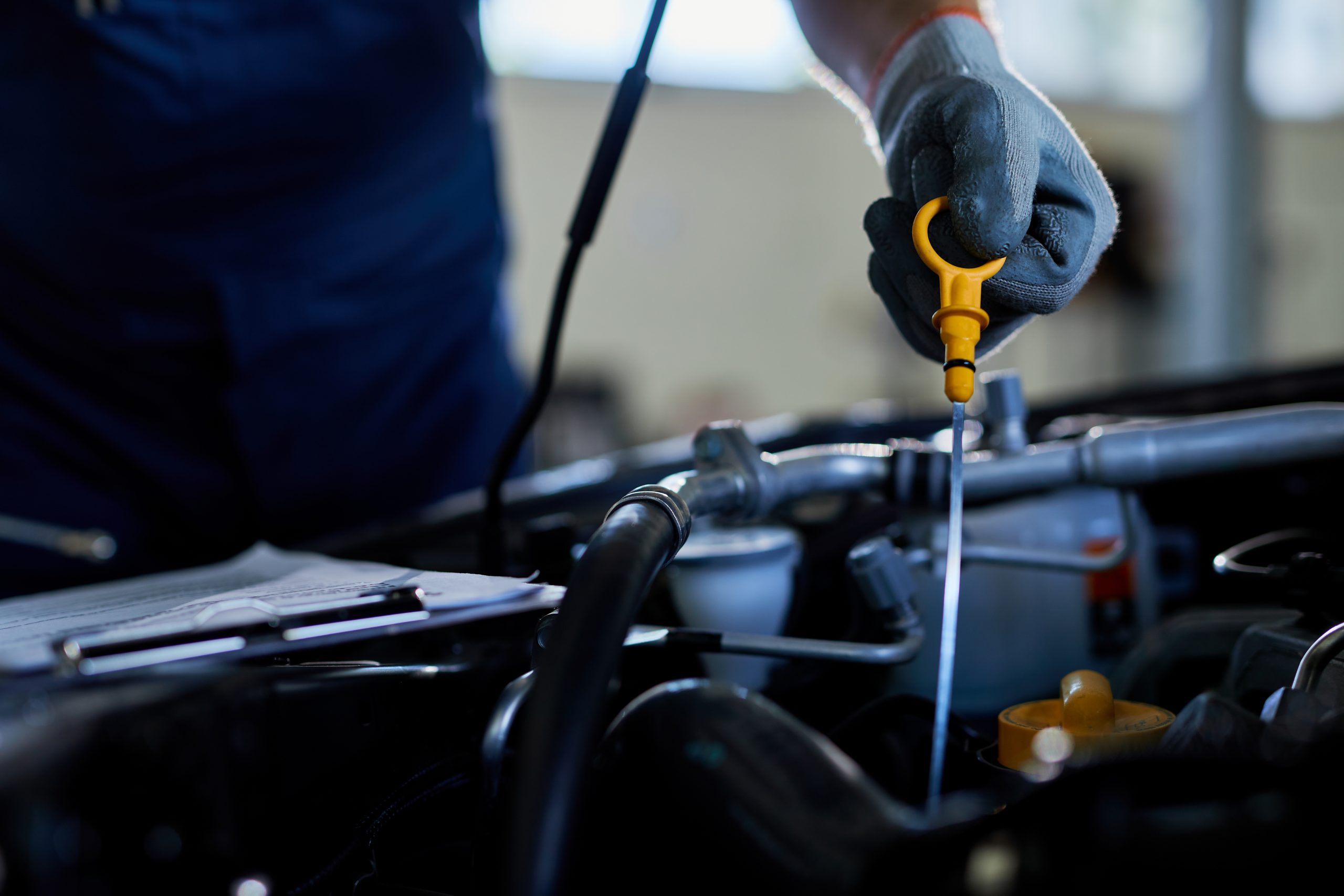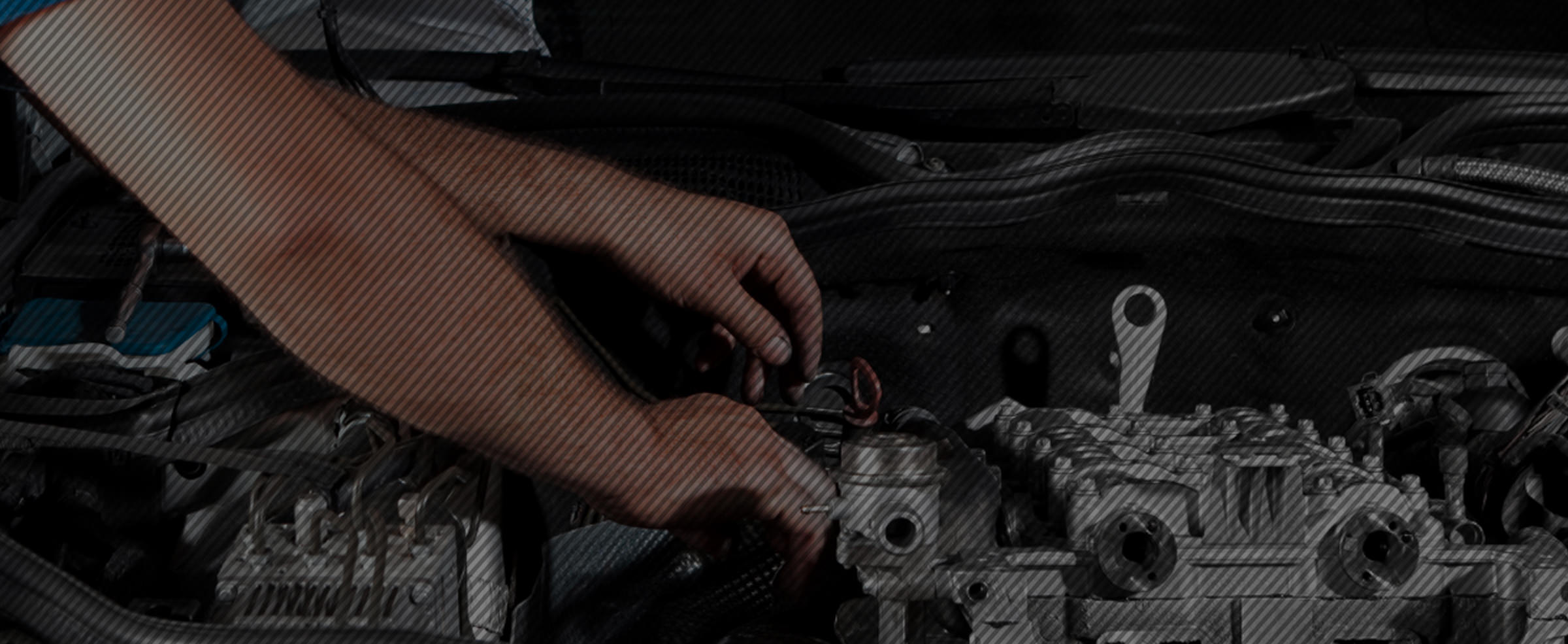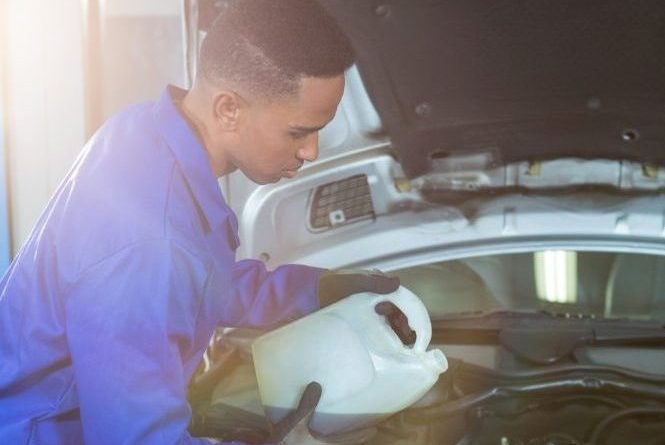Most vehicle owners understand the importance of regular maintenance, such as oil changes, tire rotation, and the like. However, one of the most crucial aspects of maintaining a vehicle is tire pressure.
Maintaining the proper tire pressure is essential for both fuel efficiency and safety. Thus, this seemingly small aspect of car care can have significant effects on your driving experience and even your pocketbook.
Ensure your car is as efficient as possible by following the tire pressure tips provided in this article. If you still have questions when you are done, contact the exerts at Ethan’s Honest Automotive. We are the Cache Valley and Southeastern Idaho’s source for excellent mechanic services.
But first, let’s begin our discussion on the link between tire pressure and fuel efficiency and safety.
What is the Optimal Tire Pressure For Your Vehicle?
Maintaining the correct tire pressure is essential for the fuel efficiency and safety of your vehicle. The best place to start when looking for this information is your owner’s manual. Each manufacturer will provide their tire pressure recommendations there. The recommended pressure is usually given in pounds per square inch (PSI).
Always take the manufacturer’s recommendations into account. Their recommended PSI will ensure your vehicle has the right amount of contact with the road, providing the best possible performance under normal driving conditions.
The manufacturer recommended tire pressure is a perfect place to start for every car owner. However, sometimes determining the optimal tire pressure is not as straightforward as just following the manufacturer’s label. You may also need to consider several factors, including the following.
- Vehicle load: Anytime your vehicle is towing a trailer or has a heavy load, you may need to increase the tire pressure. This adjustment helps maintain proper tire shape and ensures that your tires can handle the added stress without excessive wear or risk of a blowout.
- Temperature changes: Extreme changes in temperature can significantly change your tire pressure. For example, cold weather will lower the pressure, while hot weather can increase the pressure. Generally, tire pressure can decrease by about 1 PSI for every 10-degree Fahrenheit drop in temperature.
- Driving conditions: Driving your car in off-road conditions, such as uneven or rough terrain, will require a tire pressure adjustment. On the other hand, regular highway driving at high speeds often means you should fill your tires to the higher end of the recommended range to enhance stability and fuel efficiency.
How Tire Pressure Affects Fuel Efficiency
Clearly, tire pressure is an essential component of the overall functioning of your vehicle. But how does it impact fuel efficiency specifically?
We answer that question below.
Tires that have too much or too little pressure can negatively affect fuel efficiency. But, under-inflated tires are particularly detrimental. Under-inflated tires create more rolling resistance, meaning your engine has to work harder to move the vehicle forward. This increased effort results in higher fuel consumption, which can significantly impact how much you spend on fuel.
The financial impact of fuel efficiency is not the only factor to keep in mind. There is also the environmental impact of your car. Lower fuel consumption means fewer emissions, contributing to a cleaner environment. So, by simply maintaining the correct tire pressure, you are not only benefiting your bank account but also helping the planet.
Tire Pressure and Safety Concerns
You should always maintain the proper tire pressure for fuel efficiency. However, there are also safety concerns to consider.
Both under-inflated tires and over-inflated tires can make your vehicle less safe.
- Under-inflated tires: When tires are under-inflated, they become more flexible. This flexibility can generate excess heat, causing the tires to wear out more quickly and increase the risk of blowouts, especially at high speeds. Under-inflated tires can also negatively impact your braking and make your vehicle harder to control.
- Over-inflated tires: Over-inflated tires can be just as dangerous as under-inflated ones. When they have too much air in them, the tire’s contact with the road decreases, reducing traction and making the vehicle more prone to slipping. Slipping issues can become especially dangerous on wet or uneven surfaces. The extra pressure in over-inflated tires also makes them less able to absorb impacts, increasing the potential for damage from potholes and other uneven surfaces.
How To Maintain Proper Tire Pressure
Now that you understand how crucial tire pressure is for fuel efficiency and safety, it is time to explain how to maintain proper tire pressure in your vehicle. Follow these steps to ensure your car always has the correct tire pressure.
- Check tire pressure regularly. Ideally, you should check your tire pressure at least once per month, before long trips, and anytime there have been extreme temperature changes.
- Always follow your manufacturer’s guidelines. Your vehicle’s manual and a sticker on the door should indicate the recommended tire pressure range for your car.
- Make adjustments as needed. Consider the vehicle load and driving conditions and adjust the tire pressure as needed.
- Consider using a tire pressure monitoring system (TPMS). A TPMS alerts you when tire pressure is too low. It can be a great backup to regular tire pressure checks.
- Contact a professional mechanic, like those at Ethan’s Honest Automotive. If you are unsure about maintaining the optimal tire pressure or if you are experiencing persistent issues with your tires, you should consult with a professional mechanic. Professionals like those at Ethan’s Honest Automotive can ensure that your tires are properly inflated and inspect them for any potential problems, such as leaks, uneven wear, or damage.
Proper tire pressure not only enhances fuel efficiency but also extends tire life and improves overall safety on the road. By regularly checking and adjusting your tire pressure according to the manufacturer’s recommendations and considering factors like load, temperature, and driving conditions, you can ensure that your vehicle performs at its best.
But you do not have to be responsible for maintaining the right tire pressure on your own. The experts at Ethan’s Honest Automotive are here to help you every step of the way. From scheduled maintenance to complete system overhauls, we can do everything your car needs to be safe and fuel-efficient.
Contact our team today!




